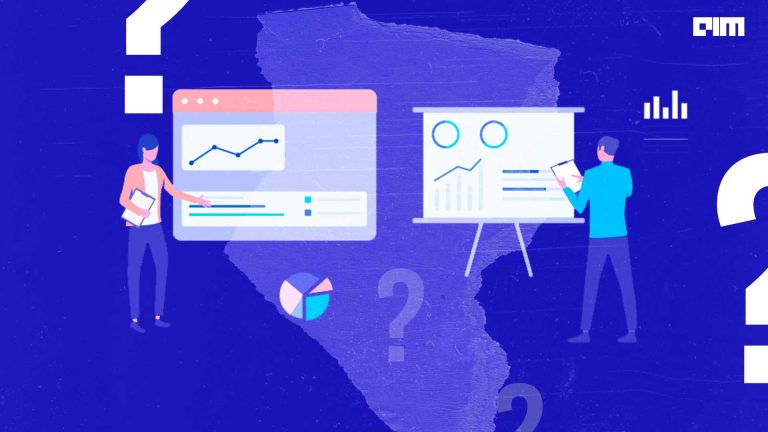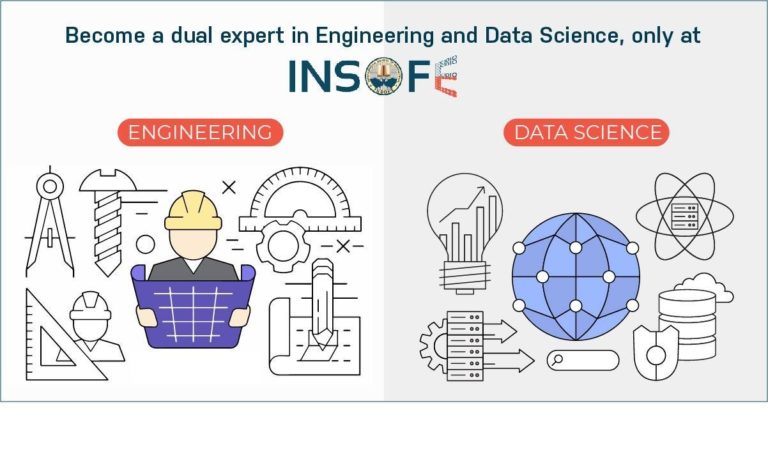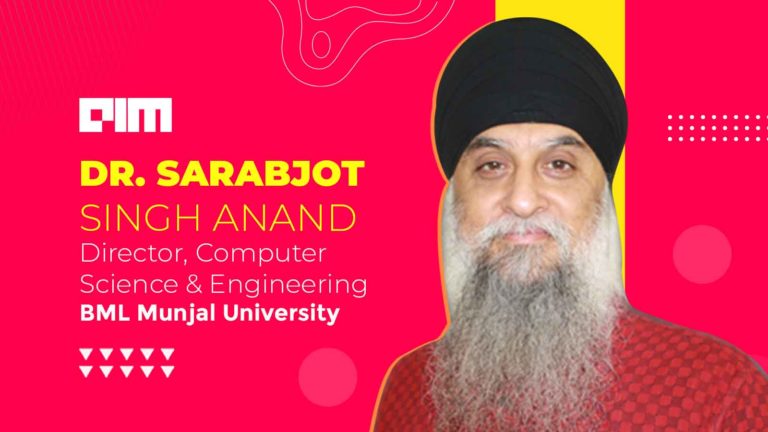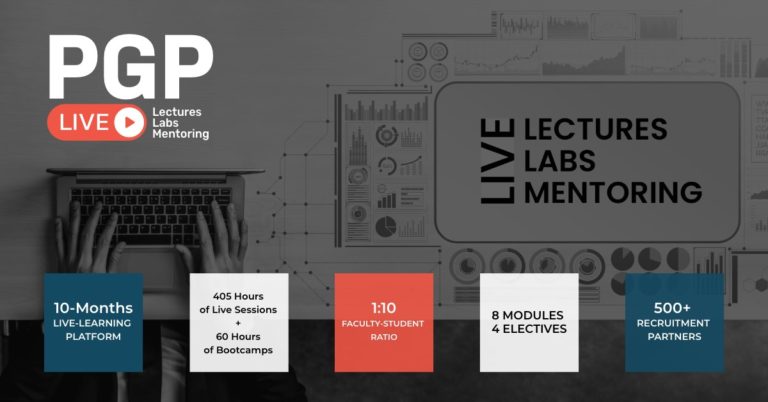[dropcap size=”2″]AIM[/dropcap]Analytics India Magazine: What are some of the main tenets (philosophies, goals, attributes) of analytics approach and policies at your organization?
[dropcap size=”2″]KMS[/dropcap]Kushal Mayur Shah: Aon believes that transforming data into insight is the key to managing the complexity of risk in today’s world. Access to data and information is not the problem; making sense of it is the real challenge. Aon’s core businesses, risk management services and human resource consulting, are driven by innovation, which is the result of focused analytics practices.
Aon’s central philosophy revolves around empowering results for our clients through contribution to their risk and people strategies – two of the most important challenges in today’s business environments. To help our clients focus on their risk and people strategies, we increasingly rely on cutting-edge decision science and analytics solutions. By transforming intuition into data-driven insight, we give our clients the confidence to pursue their business objectives.
AIM: What is your approach to face the challenge of meeting the needs of so many clients across vast geographies with limited resources?
KMS: Aon’s presence in over 120 countries with over 65,000 colleagues gives us the expertise, the technology, the access to data and the global network to focus on the needs of a vast client base. To overcome the resource constraints and challenges in providing customized solutions to our clients, Aon has set up dedicated Centers for Analytics and Innovation in Dublin and Singapore – where extremely talented colleagues are focused on providing state-of-the-art solutions to those colleagues front-ending with our clients. At Aon, a colleague is engaged in one of two things: helping a client or helping other colleagues help a client!
AIM: What are the key differentiators in your analytical solutions?
KMS: Aon’s key differentiators are manifold, starting with the fact that our global strategy is built on our ability to use information effectively on behalf of our clients. This is supported by the ongoing investment by Aon in data and analytics. Another advantage Aon carries is the history and market data access that we have.
For example, the Aon Global Risk Insight Platform (GRIP) is the world’s leading proprietary database of insurance placement information. It provides clients and carriers with fact-based insights into Aon’s USD 78 billion inbound premium flow and helps identify the best insurance placement option regardless of size, industry, coverage line or geography. It has been rolled out in 20 countries to-date on over 50 lines of coverage on behalf of over 100,000 clients. Another very important differentiator is our focus on being the destination for world-class analytics talent.
AIM: Please brief us about the size of your analytics division and what is hierarchal alignment, both depth and breadth.
KMS: At Aon, Analytics is a decentralized function because of the depth and breadth of the function. As mentioned earlier, the services offered by Aon are largely driven by Analytics. Analytics is the back-end engine for everything we do. From a hierarchal alignment perspective, Aon has a dedicated Global Head of Analytics, Steve Mildenhall, based out of Singapore, who spearheads the Analytics functions across Aon. He is a part of the Global Leadership Team.
AIM: What are the next steps/ road ahead for analytics at your organizations?
KMS: At Aon, we are committed to continuously investing in our Analytics resources – whether it’s for risk management or human resources capability on behalf of our clients. Aon plans to continue investing in these resources and develop enhanced Analytics and Innovation centers. Aon’s goal is to provide innovative risk management and human resource management products and solutions to clients globally through cutting edge analytics.
AIM: What are a few things that organizations should be doing with their analytics efforts that most don’t do today?
KMS: A lot of companies that I have come across these days focus their Analytics efforts on technology investments. While cutting-edge technology is a key to efficient analytics practice, the focus should be on functional aspects rather than technology. For example, acquiring and retaining world-class analytics talent is a challenge in today’s environment despite dedicated analytics programs being run by business schools globally. Companies with successful analytics operations are developing in-house analytics talent by investing heavily in specialist talent development programs. A lot of companies, in their quest to implement and improve their analytics programs, are relying heavily on technology and lose their focus on talent agenda.
A very important example of this is Big Data. While Big Data is a very important development in the field of analytics, especially those sectors where customer service is a key focus, most of the efforts and industry discussions are focused on technological aspects of Big Data. Very few companies globally are investing in developing Big Data-based decisions support frameworks and related capabilities.
AIM: What are the most significant challenges you face being in the forefront of analytics space?
KMS: As I mentioned earlier, the single most significant challenge in the analytics space is talent development and retention. While analytics is defined as a science supporting business decisions, the success depends on the people involved in the processes. Human intelligence is at the core of Analytics functions in most companies.
In a very interesting conversation with an industry colleague recently, he mentioned that he can prove a very high statistical correlation between his age and my salary. The older he grows the higher I earn. Using very basic analytical models, he can actually prove this hypothesis true. But is it really logical? The answer is no – and to decide that this correlation is not logical, we need skilled manpower.
India as a geography is a leading provider of Analytics services and qualified manpower globally. The KPO sector, which is at the forefront of outsourced analytics services, originated in India. After almost 15 years, India is still a global leader. To sustain this competitive advantage, developing Analytics talent and retaining the talent by providing them with a challenging work environment is very important.
AIM: How did you start your career in analytics?
KMS: To be honest, I landed up in an analytics career accidentally. It was not a defined career choice. Seven years later, I certainly don’t regret it! The sector itself was very naïve back then and the very role of analytics in business was not well defined. The Analytics space has come a long way in the last 7 years, not only in India but globally. Many large companies have accepted the role of analytics as a core business process– central to scientific decision making.
Coming back to my career, I started my career in analytics with a risk analytics project from a banking client. Gradually, I evolved to become a business leader in analytics space. Today, I possess experience in the application of analytics processes in finance, risk management, banking, insurance, financial services, ecommerce, marketing, customer experience and operations management.
AIM: What do you suggest to new graduates aspiring to get into analytics space?
KMS: My advice to aspiring analytics professionals is to focus on acquiring functional skills. It is very likely your job will include technology training. It is less likely that your job will teach you how to apply mathematical and statistical models in real business situations – these skills are already expected as part of your profile when you apply for an analytics job.
Also, analytics is not all about quantitative methods only – some of the newest and most upcoming areas of analytics are qualitative analytics with focus are Natural Language Analytics and Social Media Analytics! It is imperative that you learn Analytics as a skillset so that you can apply Analytics to any business situation – specialization in a specific application of analytics like CRM Analytics or sector-specific analytics will provide limited growth opportunities at later career stages.
AIM: What kind of knowledge worker do you recruit and what is the selection methodology? What skill sets do you look at while recruiting in analytics?
KMS: At Aon, we hire analysts and consultants with different skillsets. Our primary focus is on hiring two different types of skillsets: technology and functional skills. For technology skills, we hire engineers or IT graduates with focus on analytics technology, software/product development, database administration and data warehousing profiles. For functional skills, we hire mathematicians, statisticians, engineers and MBA graduates across specializations depending on the functional requirement.
AIM: How do you see Analytics evolving today in the industry as a whole? What are the most important contemporary trends that you see emerging in the Analytics space across the globe?
KMS: Analytics, as I mentioned before, is now a core function in many companies. Large companies, especially, are increasingly investing in their analytics capabilities and aligning their business processes and decision making processes with their analytics functions. This is a very positive sign for the Analytics space. The growth of KPO companies providing outsourced Analytics services with niche specializations is also a positive sign for the growth of the space in general.
An important contemporary trend in the analytics space is Big Data. It changes the way analytics has functioned traditionally and provides opportunities to companies to focus on real-time analytics, especially in high customer focus environments like Retail & CPG, Insurance, E-commerce, etc.
Another important trend is the non-quantitative analytics, e.g. social media based customer experience analytics. In one of my previous assignments, we started this unique social media listening services where an analyst would read comments written by customers on various social media platforms and provide a thematic sentiment analysis to the company being discussed by consumers. This provides a great opportunity for the companies to connect with their customers using social media platforms (at relatively very low costs) and also build a good brand by demonstrating acceptance of customer feedback in public domain.
[quote]Analytics is here to stay. It will certainly be one of the streams that will grow aggressively over the next decade, from an Indian perspective.[/quote]
[spoiler title=”Biography of Kushal Mayur Shah” style=”fancy” icon=”plus-circle”]
Kushal possesses over 13 years of wide-ranging experience in the fields of Finance, Economics and Management with focus on Analytics practices. He started his career as a quantitative trader for a leading trading house headquartered in Ahmedabad. After 5 years of successful career in commodities and FX trading and risk management, he moved to consulting and KPO stream.
He was instrumental in setting up the Quantitative Finance and Risk Analytics group at Evalueserve. During his career at Evalueserve, he earned his reputation as an Analytics Business Leader with focus on business development, client relationship management, operations and people management and established dedicated risk analytics teams for globally leading banks and financial services firms. He, along with his team, won the Evalueserve International Knowledge Olympics 2007 for a research paper on Active Portfolio Risk Management in Commercial Banks.
From Evalueserve, he moved to Motif, Inc. – a boutique outsourcing firm with operations in India, Philippines and Costa Rica, where he established KPO business of the company.
He is associated with Aon Plc. since 2010, where he was instrumental in setting up the Global Spend Analytics function for Aon in 2010-11. He currently leads the Global Spend Analytics function for Aon providing Financial Analytics, Data Analytics and Internal Consulting services to Aon’s businesses globally with a focus on business process optimization.
He holds MBA (Finance) from Nirma University, Ahmedabad and completed his Advance Leadership Program from Harvard Business Publishing under Aon Leadership Development program in 2013.
He is a golfer, a driving enthusiast and a blogger. He lives in Bangalore with his wife and two sons.[/spoiler]




















































































